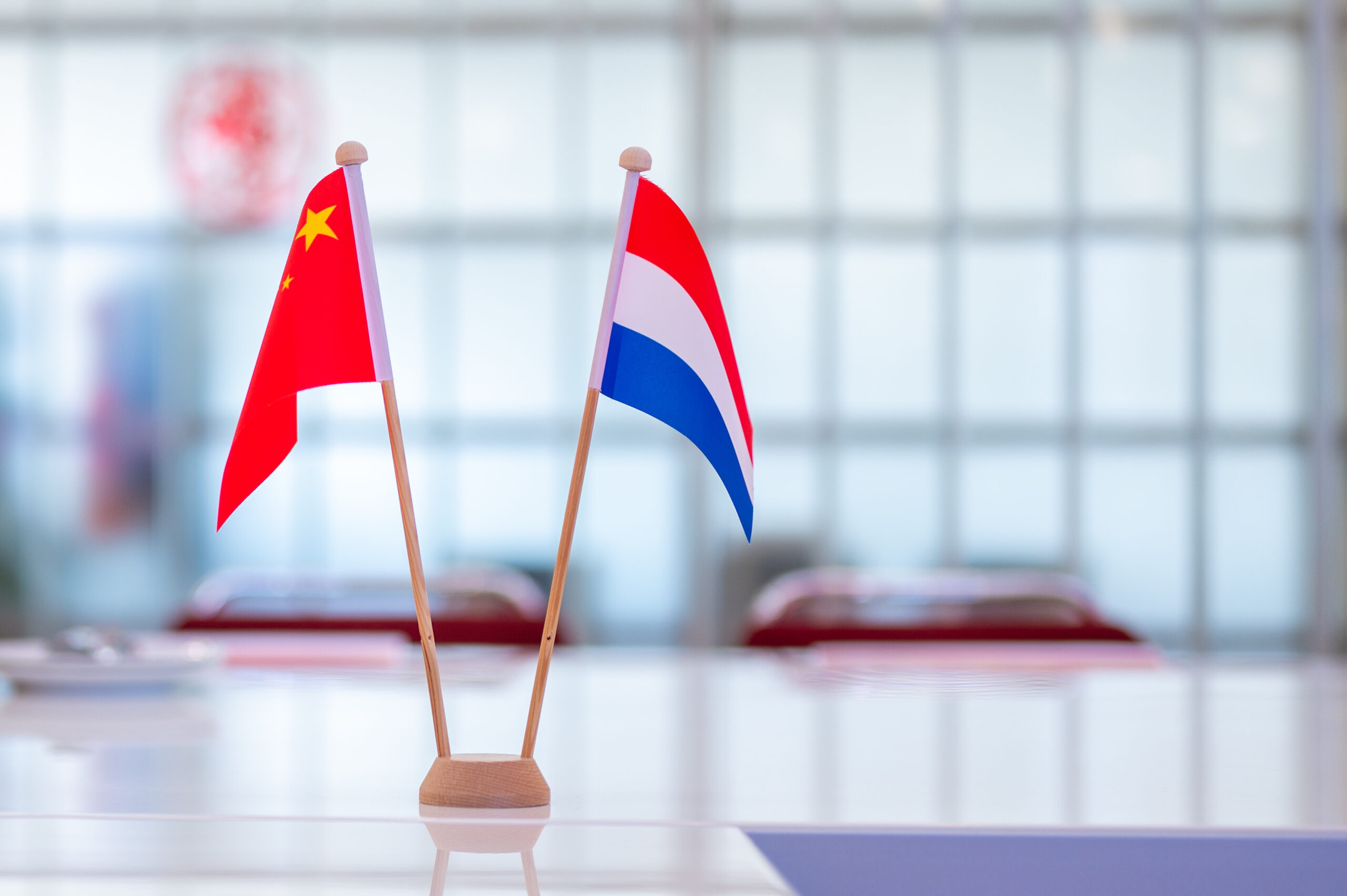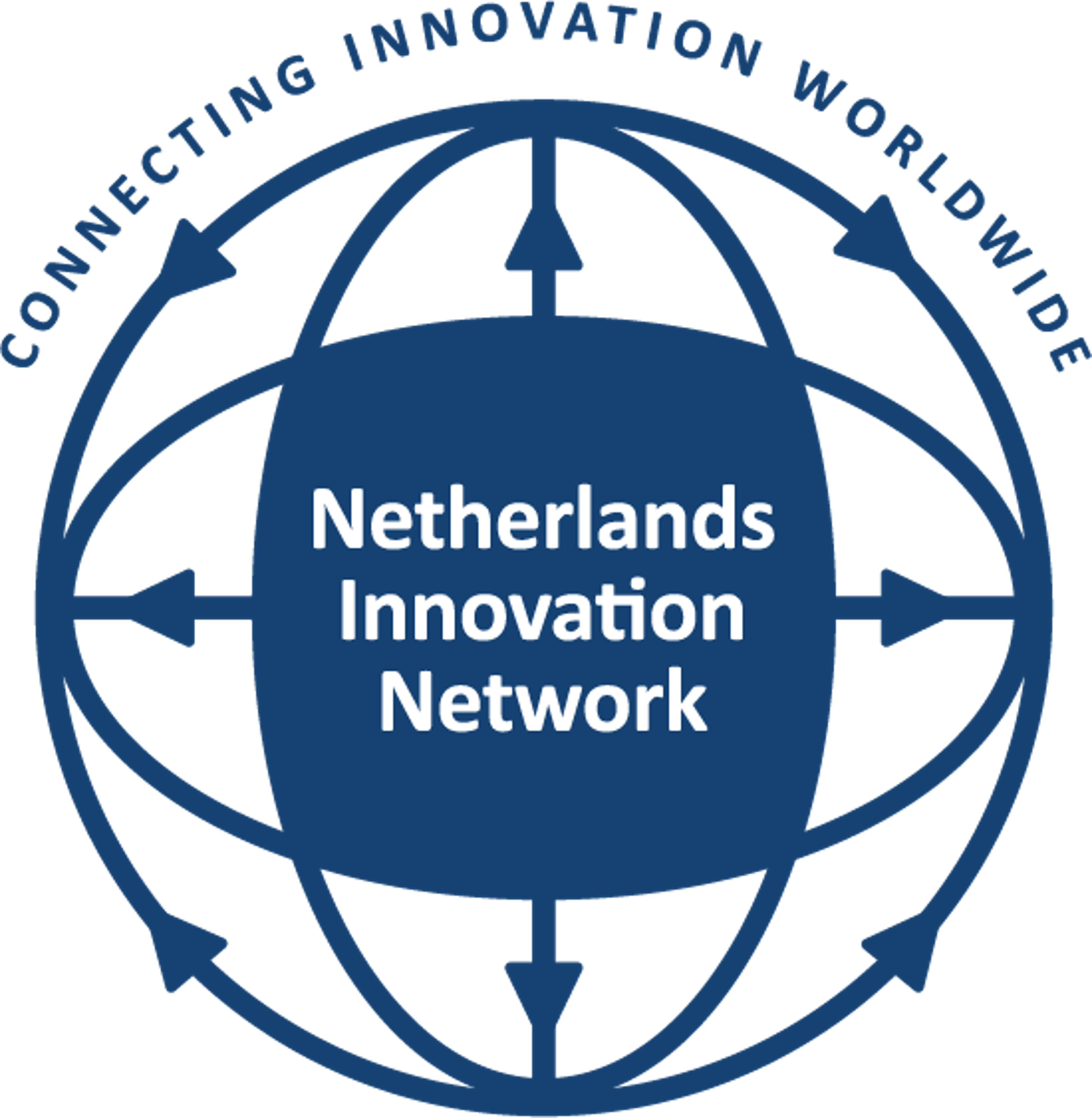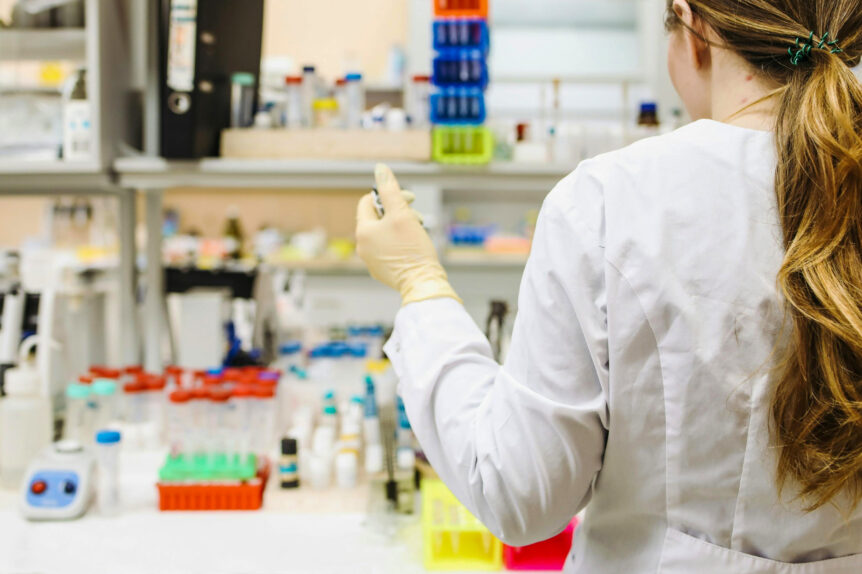The Netherlands Innovation Network China congratulates Dr. X. Ye from Universiteit Utrecht for getting awarded the Embassy Science Fellowship for China in 2024!

The assignment of the Embassy Science Fellow will focus on sustainable chemistry, and dealing with shared societal challenges in energy transition and circular economy. Key topics include circular plastics, biobased chemistry, and Carbon Capture, Utilisation, and Storage (CCUS).
China is also the world’s largest producer and consumer of both chemical products and plastics. Besides, it is investing in solutions like CCUS to reduce its footprint as the largest emitter of greenhouse gases. Quality of research is increasing rapidly and opportunities for scaling up technologies are present, making collaboration worthwhile to explore.
China is an important partner in this work because of its leading role in the global green transition. It is the world’s largest emitter of greenhouse gases and the largest producer and consumer of chemical products and plastics. This brings both challenges and opportunities for working together on sustainable chemistry and environmental innovation. China is second in the world for R&D spending, with 3.3 trillion RMB (about 458.5 billion USD) spent in 2023, showing an 8.1% increase from 2022. The Chinese government has also announced a 10% rise in the science and technology budget for 2024.
If you want to know more about these topics or the events we organise, like the upcoming innovation mission on green chemistry and circular plastics, please reach out to us.
The Embassy Science Fellowship (ESF) programme, run by NWO and the Ministry of Foreign Affairs, gives researchers a unique chance to work in a diplomatic setting and help with Dutch foreign policy. This programme is part of the Science Diplomacy Fund (SDF) and is made with help from the Ministry of Economic Affairs, the Ministry of Education, Culture and Science, and the Netherlands Enterprise Agency (RVO). The call is open to all PhD graduates from Dutch knowledge institutions, as well as senior researchers at universities of applied sciences and TO2 institutes.
The ESF programme lets researchers help with scientific and societal issues and expand their academic and professional networks. It shows how their field works within a government setting and improves their understanding of international scientific cooperation.
Through this fellowship, researchers will boost scientific collaboration with other countries, adding to the embassies’ policies with their knowledge. This supports the Netherlands’ goal to strengthen diplomatic relations and tackle global challenges through science diplomacy.
All seven Embassy Science Fellowships 2024 (click to expand)
China, Peking / Guangzhou (Embassy / Consulate)
Dr. X. Ye, Universiteit Utrecht
Sustainable Chemistry; shared societal challenges in the field of energy transition and circular economy.
Colombia, Bogotá (Embassy)
Professor P.H.M. van der Kuy, Erasmus MC
Colombia and the Netherlands: Exchange of knowledge on bioprocesses for medicine research, development, and innovation.
France, Paris (Embassy)
Dr. G. Perlaviciute, Rijksuniversiteit Groningen
Public support for Future Proof Energy Systems.
Ghana, Accra (Embassy)
Dr. E.M. Mangnus, Wageningen University & Research
Navigating Ghana’s political economy: how does the quality of governance impact on the investment climate and how can that be influenced by a country like the Netherlands?
India, New Delhi (Embassy)
Dr. N. Goyal, Technische Universiteit Delft
The India Energy Nexus: focus areas for the Netherlands-India partnership on renewable energy.
Morocco, Rabat (Embassy)
Dr. S.I. Bergh, De Haagse Hogeschool
A future supplier of green Hydrogen energy to Europe/ the Netherlands?
Singapore, Singapore (Embassy)
Dr. J. Verstappen, Rijksuniversiteit Groningen
Artificial intelligence: collaborate with Singapore on AI for the Public Good and ASEAN.

